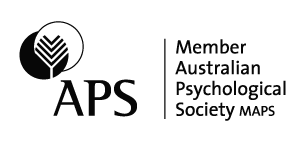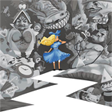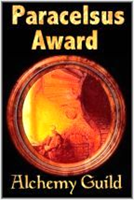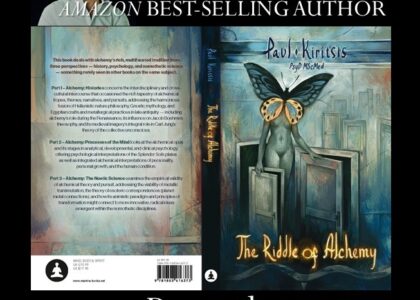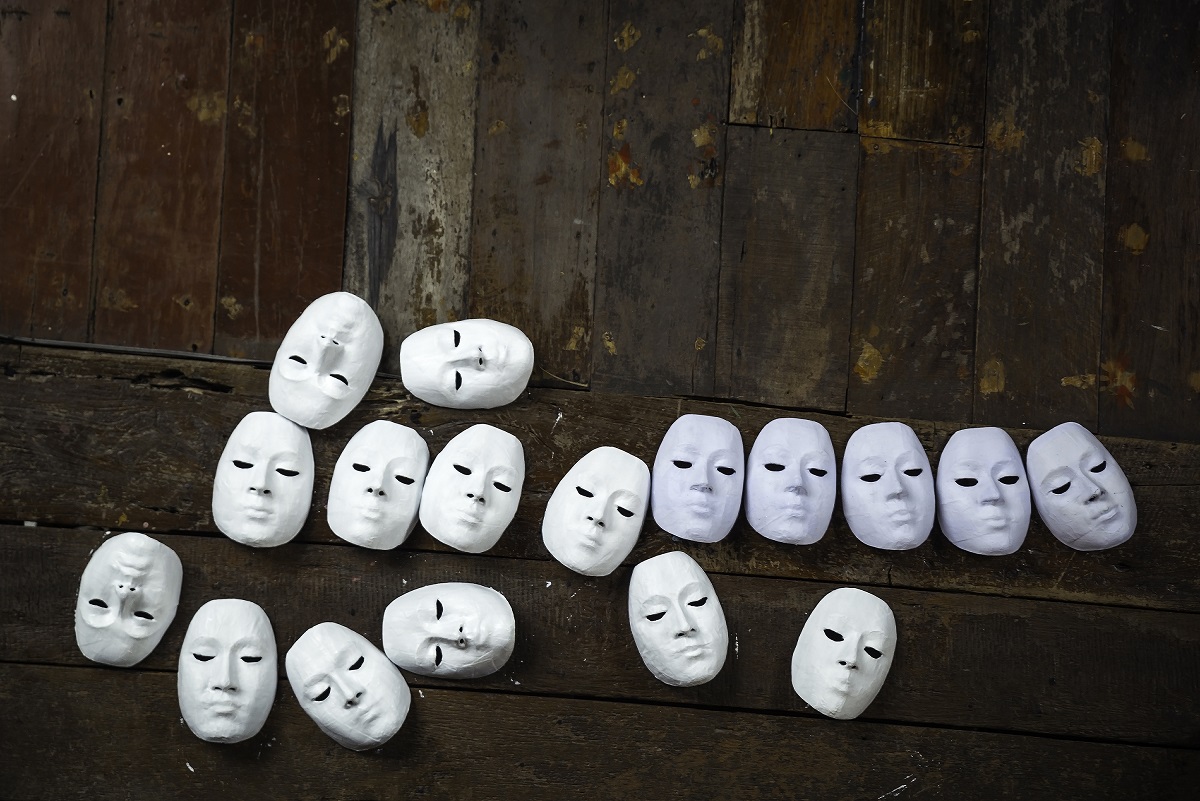
I was born on the 15th July 1979 at the Royal Women’s Hospital in metropolitan Melbourne, Australia, or so I’ve been told! Long before my cerebral cortex had begun to functionally self-organize by pruning those dendrites and synapses unrelated to learning and experience, I remember my empathic mother endeavouring to share her excitement at giving birth to a vigorous, blue-eyed baby boy by allowing her paternal uncle to cradle me in his arms. It wasn’t long before his unfamiliar, rugged physiognomy generated limbic system activation, and I lucidly remember becoming upset when she disappeared from my perceptual field. The engram was undoubtedly the most traumatic event in my formative autobiography, so powerful that it underwent consolidation into the permanent memory bank via the medial temporal lobe and hippocampus.
My Hellenistic parents were emotionally invested in, committed to, and fiercely overprotective when it came to my development and wellbeing. I, in turn, became hopelessly dependent upon them for interpersonal guidance and knowledge about the phenomenal world. As bland and rigidly uncreative as they may seem to the individuated soul, the monotonous repetition of cognitive, emotional, and behavioral habits learned from parental figures facilitates interconnectedness, a container of safety and trust, and buttresses a non-conscious, ingrained conviction of continued survival into the future.
Without exaggeration, paternal and maternal emulations were endemic in my formative environment. My mother was compassionate, abstruse, shy, and a lover of nature; my father was carefree, exuberant, practical, musical, and sports-oriented; and my paternal grandmother was a formidable problem-solver, analytical, and shrewd in her judgement of others. My earliest preoccupations and curiosity about the natural world, my obsession with exercise and physical activities, my acute inclination towards the theory and practice of music, and my percipience of nonverbal language demonstrate direct inheritance of these qualities. All three guardians–father, mother, and paternal grandmother–endorsed and adhered to rigorous standards in their chosen professions, a miniature reflection of the collective ethos amongst Greek migrants to Australia in the 60s and 70s; I inherited that too.
Greek was the principal language spoken at home, and so any aptitude I might have acquired in the officiating language of my birth country (English) during the ontogenetic development of my emotional, linguistic, and relational capabilities was virtually non-existent. Periodic disruptions, interruptions, and experiential anomalies to these established patterns of energy and information flow provoked stable structural modifications to the existing synaptic connections of my functional neural networks, incorporating the aforementioned into more permanent frameworks of narrative memory. This gives explanatory power as to why I can explicitly recall moving houses at three, having communication difficulties with my kindergarten teacher at four, becoming jealous at the unprecedented arrival of a younger brother at five, awakening to the unfamiliar surroundings of my grandparents’ village home in Greece and subsequently suffering a panic attack at six, and being horrified of the amorphous sea during an inaugural venture out to Phillip Island at seven.
Owing to the ground-breaking research of Galin, Johnstone, Nakell, & Herron (1979) we now know that the two hemispheres of the brain function autonomously in early childhood and depend on the maturation of the corpus collosum past the age of ten in order to become fully integrated and coordinated. The decreased inhibitory potential of the left-hemispheric interpreter in sieving primary process input from the right hemisphere is one way of explaining a profound metaphysical phenomenon I experienced at eight. One day, whilst purposelessly gazing out into the rectangular backyard of my Hickford Street residence from behind a security door, I perceived what appeared to be a giant swallowtail butterfly standing motionless before the rotary washing line. It maintained an unnatural posture, its supernal wings outstretched for a few minutes before vanishing into thin air. Even though my developing brain failed to garner any rational hypothesis pertaining to its appearance, the event itself left a deep, unconscious footprint which later manifest as a fundamental belief in paraphysical dimensions not detectable or amenable to human visual perception.
From this moment forth the embodied and relational process, the developing mind, biased my perceptual mechanisms towards environmental stimuli with implied supernatural and metaphysical leitmotifs. I became absorbed in ancient Egyptian funerary beliefs about the netherworld and afterlife, built pyramids from cardboard, synthesized pseudo-mummies out of toilet paper, engaged in solitary fantasy play with natural spirits and fairies, and entertained alternative mental schematics as to what creative intelligences might actually look like and how they might interact with mortals. During second-grade parent-teacher interviews my teacher at the time, Mr Montague, told my father that I was, “In my own world.” In hindsight his observation was an accurate enough assessment.
In my early to mid-twenties attunement to the contemplative, inner life transformed into academic, intellectual, and experiential inquiry into ancient history and later evolved to encompass related fields such as the Western esoteric traditions, metaphysics, consciousness studies, mind-matter interaction, and transpersonal psychology. In the last few years I’ve gone so far as to try my hand at recording vocalizations from deceased individuals who have perished within the dreaded Ha-ha walls of mental institutions using transcommunicative apparatuses like digital voice recorders, digital K-type thermometers, and Oviluses. The results have been frightening but thought-provoking, to say the least. At the present time I am interested in the precognitive faculty, in visual and auditory hallucinations, and in the construction of visual reality.
It isn’t difficult to see how implicit qualitative connections between these important milestones, autobiographical events, and orientations may have been precipitated by that inaugural metaphysical occurrence if I construe or fathom my particular collection of animated matter in the context of a spiritual and pneumatic life. On another note our tendency to espouse and preserve a particular cognitive schema or weltanschauung undergoes substantial amplification when it continues to draw to itself empirical evidence in the manner that a snowball tumbling down the mountain slope gathers snow. Contrary to what staunch advocates of philosophical physicalism might affirm, my beliefs about the universe are rooted in the rational analysis and qualitative research methods of empiricism, and so I am not about to relinquish my hold on them just yet!
The one incidence standing out like a sore thumb amidst a conglomeration of stored episodic memories is a dark day in my early teens when I underwent a strange malady of unknown origin. It came on gradually, perhaps over the course of a week. I woke up one morning feeling somehow not myself. Suddenly, things didn’t feel right within me anymore. I didn’t feel well within myself. There was a wrongness where prior there had been none. Something had changed. I couldn’t put my finger on it; I didn’t know what it was—how could I? There was no tangible physiological measure able to describe the intrinsic qualities precisely so that it could be grasped by others and by the contemporary medical intellect. Nonetheless I gaged its presence because my phenomenal subjective state and inner life had been qualitatively different before its expression. Shortly after the lamentable event I witnessed an AIDS patient describe his transition to HIV as a felt wrongness on television and became convinced that I, too, was HIV positive.
In the decade that followed there was an intense preoccupation with discovering an etiology for a nexus of polymorphous symptoms that included muscle fatigue, exhaustion, photophobia, depression, and neurosis. Just as the moon is subject to the cosmic cycle of waxing and waning, so too did my agonizing symptoms undergo periods of alleviation and worsening. Intermittent blood examinations and MRI scans were all inept at shedding any light upon the mystery, dragging me further down into the depths of despair. The symptoms, it seems, were all intimately entwined with a deep-seated intuition that something uncanny was unfurling within me, something for which modern medicine had no feasible explanation. Little by little feelings of disillusionment with medicine and the domineering obsession with discovering the truth tore me from my existing web of interpersonal relations, and I withdrew from the social synapse into a spectral space of utter isolation. Was I suffering from an unknown neuropathology, something Newtonian-based medicine had yet to encounter? Was I standing at the treacherous precipice before the onset of psychosis? Whatever the case here was a fine example of an unbalanced, incoherent mind poisoning both neurophysiological mechanisms and the sphere of empathic relationships with its irrational, unwarranted, and diseased fixations. It took a twenty or so year struggle with a fearful self before I realized that playing games and crosswords with the nocebo devil is a choice one should avoid at all costs.
The human neocortex doesn’t complete its physical development with respect to cortical thickness and axon myelinization until the end of the second decade, an evolutionary innovation manifesting on the interpersonal plane as flexibility and adaptability to the ever-changing social environment. Before turning twenty-one cultural practices, relations, and technologies unfamiliar to me would be assimilated into my personal weltanschauung, concomitantly constructing, reconstructing, and sometimes deconstructing core values and beliefs. At seventeen I transitioned from learning in interactive one-on-one and group environments to learning facilitated by online impersonal environments and at eighteen I went from fostering exclusively Greek-Australian interpersonal relations to multiethnic and all-inclusive ones–all of this without a hitch! Here we might say that the sociocultural world is actively affecting and shaping the quality of informational flow within the mind and nervous system.
But after the second decade of life significant reductions in neuroplasticity amidst the functional networks of the cortex reverse the informational flow so that the emergent, self-organizing mental processes now have the upper hand and external reality is passed through the sieve of existing cognitive schemas without so much as a backward glance for perceptual compatibilities and incongruities. Now we’re much more concerned with preserving core values comprising self-identity and rejecting symbolic references and meanings that pose a threat to our inner organization–the external world must, to all intents and purposes, comply with the internal world. For instance at twenty-three I began collecting books and memorabilia about ancient Greece and Egypt to embellish my commodious room and feed my fiery passion; at twenty-four I enrolled in a graduate diploma in professional writing to hone my writing skills, the principal implement of self-expression; at twenty-five I began travelling the world for numinous first-hand experiences of cultures and places first cherished and venerated as a juvenile armchair traveler; at twenty-six I began attending Greek concerts in Melbourne to savor the same folk rhythms and melodies that had consoled me as a small child; and at thirty-four I undertook a pilgrimage to the sacred Greek Orthodox monasteries of Hagion Oros in northern Greece to realize a lifelong desire for total surrender to the divine.
Without a doubt we are creators of our own destinies through the choices we make, or don’t…

